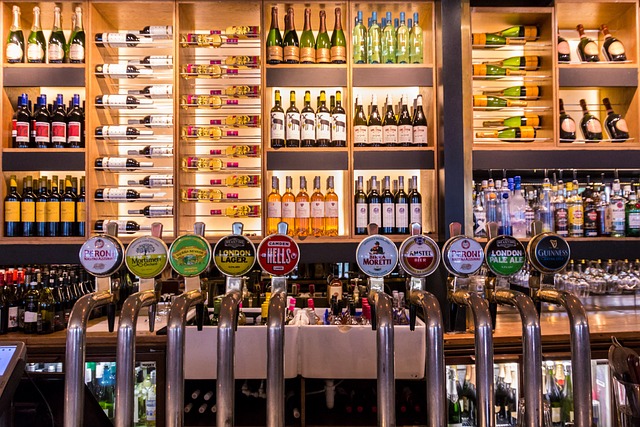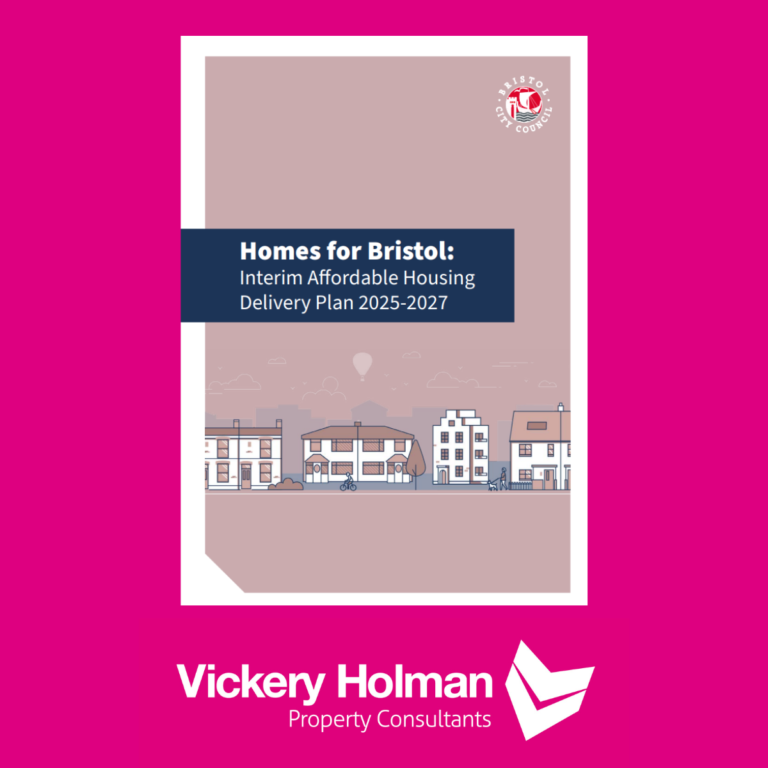With a growing number of pub closures being announced Mike Easton at Vickery Holman looks at the market and the impact that these closures may have.
First to note is that the pub closures are nothing new, the industry having seen just over a 20% reduction of pubs across the UK in the past 20 years. This has been brought about by changes in society and how people chose to eat, drink and socialise – for example there has been a significant growth in the coffee shop sector and the High Street restaurant market and naturally pubs, for some, have fallen out of favour. Allied to this was the licensing reform, which allowed venues to open for longer, particularly during the day and in an effort to move to a more European approach – hence the greater number of coffee shops and restaurants, but also an increase in costs for the venues that traditionally ran two separate trading periods, which, broadly has had to become the all day and every day offer that many have adopted with the net result being similar customer numbers but during longer trading periods. When you factor in other changes such as the smoking ban, supermarket discounting, social media, gaming and television technology, you have a society with more reason to be less social and the hub (The pub) will naturally suffer.
That is not to say that less pubs are a bad thing; simple if there are less available, those that remain should, in theory, be more successful and it is an industry that has had to change with the times, from the golden age of a pub on every street corner to tap bars and family friendly food venues and naturally not all buildings can change with the times and opportunity has existed to repurpose some sites to alternative, and in some cases, community uses.
Following the credit crunch in 2008 the number of pub closures escalated and at it’s peak there were 36 pubs a week closing their doors across the UK. As these sites were repurposed (and in some instances reopened under new ownerships) the number was naturally going to change until such time as the market found it’s level and the last 6 months of 2021 this number was just under 10 sites a week – sadly the first 6 months of 2022 is almost double at 19 according to the latest report commissioned by the Campaign for real ale (CAMRA), and this is prior to the impact of food inflation and energy price increases which not only affect the publications costs, but also those of their customers.
Within the industry there are three lines of support being asked for – beer duty (we are 14 times higher than Germany for example), VAT and business rates. Any change to one or all of these costs would certainly stop the flow of closures. A key industry figure Tim Martin has led the calls for parity between the tax paid by pubs and supermarkets (did you know that pubs pay 20% on beer sales whilst supermarkets pay 2% and so discount accordingly?)
So can this decline be halted? As we have seen with High Street retail, the pub market has to address the challenges head on, but there is no obvious route out of trouble. The key will be to slow the rate of closures and rebuild from the remaining stock – prior to COVID this was certainly the case. There have been a number of initiatives too in recent years in order to spread the appeal of venues, most notably the Pub is the Hub foundation; which supports publicans looking to broaden their offer with the inclusion of other community uses such as areas destinated to a village shop or post office and publicans are certainly more in tune in what their community needs rather than resting on their laurels.
Suffice to add though that the more recent closures are worrying as some are successful sites who have not been able to cope with food and energy prices increase and difficulties in employing staff for key roles. Sadly we will need to ride through the tougher Winter months to build again in the Spring of next year. Many venues have some protection through the planning system and there are plenty of successful publicans who have recognised their customer needs and created award winning venues. There is also more awareness of the negative impact of the digital age and we are more aware that health, wellbeing is borne out of our personal social networks with a more recent study reported that people who said they have a ‘local’ or those who patronise small community pubs have more close friends on whom they can depend for support, are more satisfied with their lives and feel more embedded in their local communities than those who said they do not have a local pub.
So, to finish, the pubs across the UK are well used to tough times and will battle through. Some more may be lost, but there is more focus for support and recognition for their positive impact than ever before and communities are more understanding of the support needed. At Vickery Holman we are acting for clients who are looking to sell pub sites and despite the difficult environment, viewings continue and offers are being made. There are new entrants to the trade with fresh ideas and experienced operators not quite managing to give up the ‘buzz’ of a hospitable business and looking for opportunities to build up trade and enjoy the joy, employment and benefits that all that brings.





